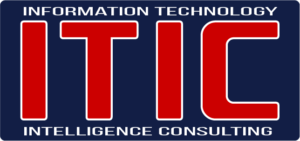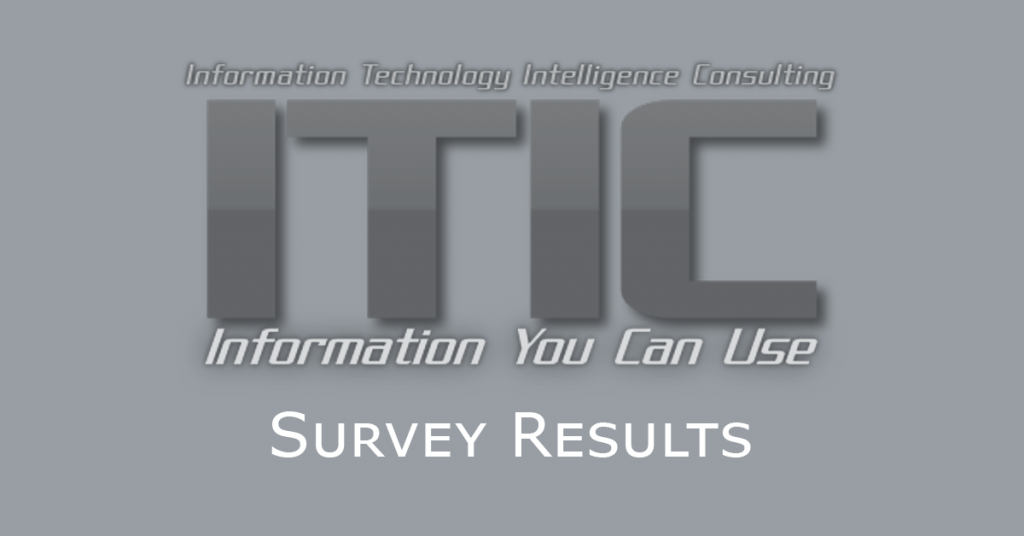IBM, Lenovo Top ITIC 2016 Reliability Poll; Cisco Comes on Strong
IBM Power Systems Servers Most Reliable for Seventh Straight Year; Lenovo x86 Servers Deliver Highest Uptime/Availability among all Intel x86-based Systems; Cisco UCS Stays Strong; Dell Reliability Ratchets Up; Intel Xeon Processor E7 v3 chips incorporate advanced analytics; significantly boost reliability of x86-based servers
In 2016 and beyond, infrastructure reliability is more essential than ever.
The overall health of network operations, applications, management and security functions all depend on the core foundational elements: server hardware, server operating systems and virtualization to deliver high availability, robust management and solid security. The reliability of the server, server OS and virtualization platforms are the cornerstones of the entire network infrastructure. The individual and collective reliability of these platforms have a direct, immediate and long lasting impact on daily operations and business results. For the seventh year in a row, corporate enterprise users said IBM server hardware delivered the highest levels of reliability/uptime among 14 server hardware and 11 different server hardware virtualization platforms. A 61% majority of IBM Power Systems servers and Lenovo System x servers achieved “five nines” or 99.999% availability – the equivalent of 5.25 minutes of unplanned per server /per annum downtime compared to 46% of Hewlett-Packard servers and 40% of Oracle server hardware. …
IBM, Lenovo Top ITIC 2016 Reliability Poll; Cisco Comes on StrongRead More »
IBM, Lenovo Top ITIC 2016 Reliability Poll; Cisco Comes on Strong Read More »

